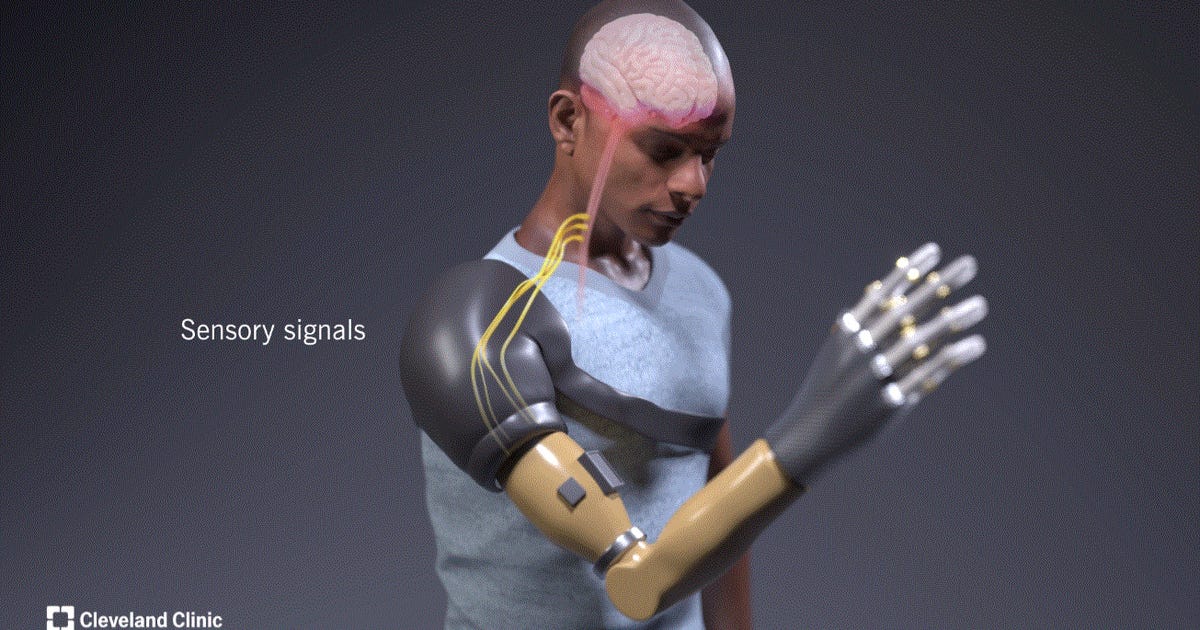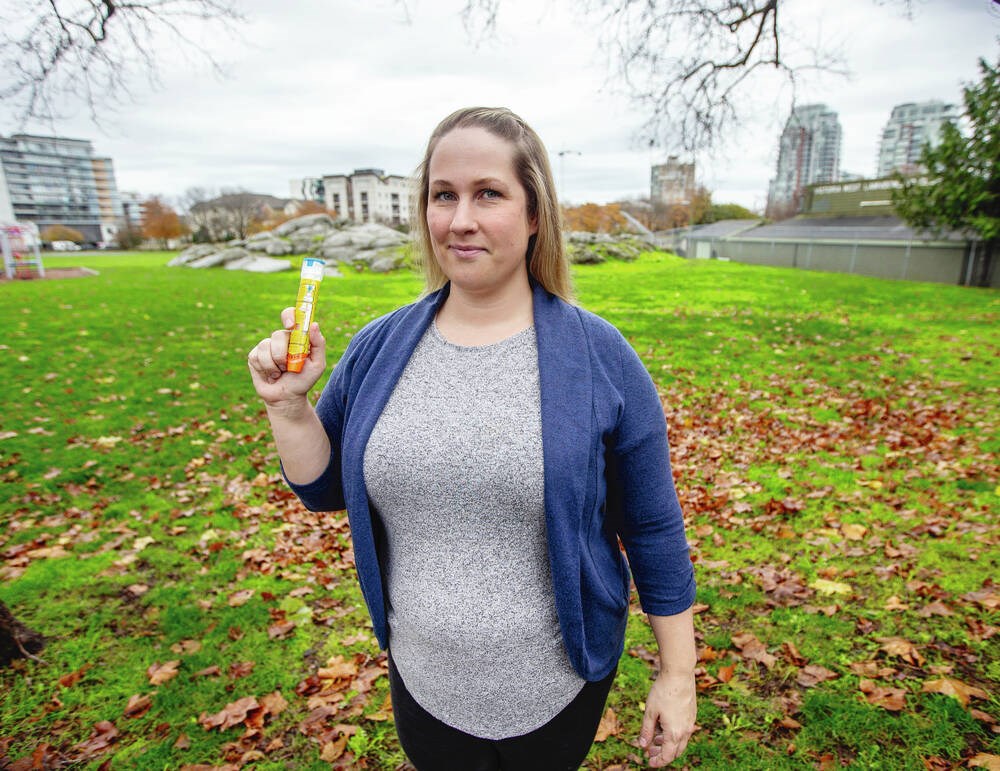Ilmuwan dari Harvard Medical School, University of Maine, dan Massachusetts Institute of Technology telah menerbitkan sebuah studi terobosan yang mengungkap metode kimiawi untuk memprogram ulang sel menjadi keadaan yang lebih muda. Teknologi ini menawarkan alternatif potensial untuk terapi gen untuk membalikkan penuaan. Implikasi dari penelitian ini luas, dengan aplikasi potensial dalam pengobatan regeneratif, pengobatan penyakit yang berkaitan dengan usia, dan peremajaan total tubuh.
Dalam sebuah studi inovatif, para peneliti dari Harvard Medical School, University of Maine, W[{” attribute=””>MIT have introduced a chemical method for reversing cellular aging. This revolutionary approach offers a potential alternative to gene therapy for age reversal. The findings could transform treatments for age-related diseases, enhance regenerative medicine, and potentially lead to whole-body rejuvenation.
Groundbreaking Discovery in Aging Reversal
In a monumental study, a team of researchers has revealed a novel approach to combating aging and age-related diseases. This work, undertaken by scientists at Harvard Medical School, introduces the first chemical method to rejuvenate cells, bringing them to a more youthful state. Prior to this, only powerful gene therapy could achieve this feat.

Mice in the Sinclair lab have been engineered to age rapidly to test the effectiveness of therapies to reverse the aging process. The mouse on the right has been aged to 150% that of its sibling on the left by disrupting its epigenome. Photo credit: D. Sinclair, Harvard Medical School. Credit: 2023 Yang et al.
On July 12, 2023, researchers from Harvard Medical School, the University of Maine, and the Massachusetts Institute of Technology (MIT) published a fresh research paper in Aging. The paper, titled, “Chemically induced reprogramming to reverse cellular aging,” extends upon a previously groundbreaking discovery. The researchers are Jae-Hyun Yang, Christopher A. Petty, Thomas Dixon-McDougall, Maria Vina Lopez, Alexander Tyshkovskiy, Sun Maybury-Lewis, Xiao Tian, Nabilah Ibrahim, Zhili Chen, Patrick T. Griffin, Matthew Arnold, Jien Li, Oswaldo A. Martinez, Alexander Behn, Ryan Rogers-Hammond, Suzanne Angeli, Vadim N. Gladyshev, and David A. Sinclair.
Exploring the Methodology
This discovery builds on the finding that the expression of specific genes, known as Yamanaka factors, can transform adult cells into induced pluripotent stem cells (iPSCs). This breakthrough, which earned a Nobel Prize, prompted scientists to question if cellular aging could be reversed without pushing cells to become too young and potentially cancerous.

Rejuvenation and age reversal of senescent human skin cells by chemical means. Cells in the right two panels have restored compartmentalization of the red fluorescent protein in the nucleus, a marker of youth that was used to find the cocktails, before the scientists confirmed they were younger, based on how genes were expressed. Image credit: J. -H. Yang, Harvard Medical School. Credit: 2023 Yang et al.
In this recent study, the scientists probed for molecules that could, in tandem, revert cellular aging and refresh human cells. They designed advanced cell-based assays to differentiate between young and old, as well as senescent cells. The team employed transcription-based aging clocks and a real-time nucleocytoplasmic protein compartmentalization (NCC) assay. In a significant development, they identified six chemical combinations that could return NCC and genome-wide transcript profiles to youthful states, reversing transcriptomic age in less than a week.
Relevance and Potential Applications
The Harvard team has previously shown the possibility of reversing cellular aging without causing unregulated cell growth. This was done by inserting specific Yamanaka genes into cells using a viral vector. Studies on various tissues and organs like the optic nerve, brain, kidney, and muscle have yielded encouraging results, including improved vision and extended lifespan in mice. Additionally, recent reports have documented improved vision in monkeys.
These findings have profound implications, paving the way for regenerative medicine and potentially full-body rejuvenation. By establishing a chemical alternative to gene therapy for age reversal, this research could potentially transform the treatment of aging, injuries, and age-related diseases. The approach also suggests the possibility of lower development costs and shorter timelines. Following successful results in reversing blindness in monkeys in April 2023, plans for human clinical trials using the lab’s age reversal gene therapy are currently underway.
Views from the Research Team
“Until recently, the best we could do was slow aging. New discoveries suggest we can now reverse it,” said David A. Sinclair, A.O., Ph.D., Professor in the Department of Genetics and co-Director of the Paul F. Glenn Center for Biology of Aging Research at Harvard Medical School and lead scientist on the project. “This process has previously required gene therapy, limiting its widespread use.”
The team at Harvard envisions a future where age-related diseases can be effectively treated, injuries can be repaired more efficiently, and the dream of whole-body rejuvenation becomes a reality. “This new discovery offers the potential to reverse aging with a single pill, with applications ranging from improving eyesight to effectively treating numerous age-related diseases,” Sinclair said.
Reference: “Chemically induced reprogramming to reverse cellular aging” by Jae-Hyun Yang, Christopher A. Petty, Thomas Dixon-McDougall, Maria Vina Lopez, Alexander Tyshkovskiy, Sun Maybury-Lewis, Xiao Tian, Nabilah Ibrahim, Zhili Chen, Patrick T. Griffin, Matthew Arnold, Jien Li, Oswaldo A. Martinez, Alexander Behn, Ryan Rogers-Hammond, Suzanne Angeli, Vadim N. Gladyshev and David A. Sinclair, 12 July 2023, Aging-US.
DOI: 10.18632/aging.204896

“Pemikir jahat. Sarjana musik. Komunikator yang ramah hipster. Penggila bacon. Penggemar internet amatir. Introvert.”





